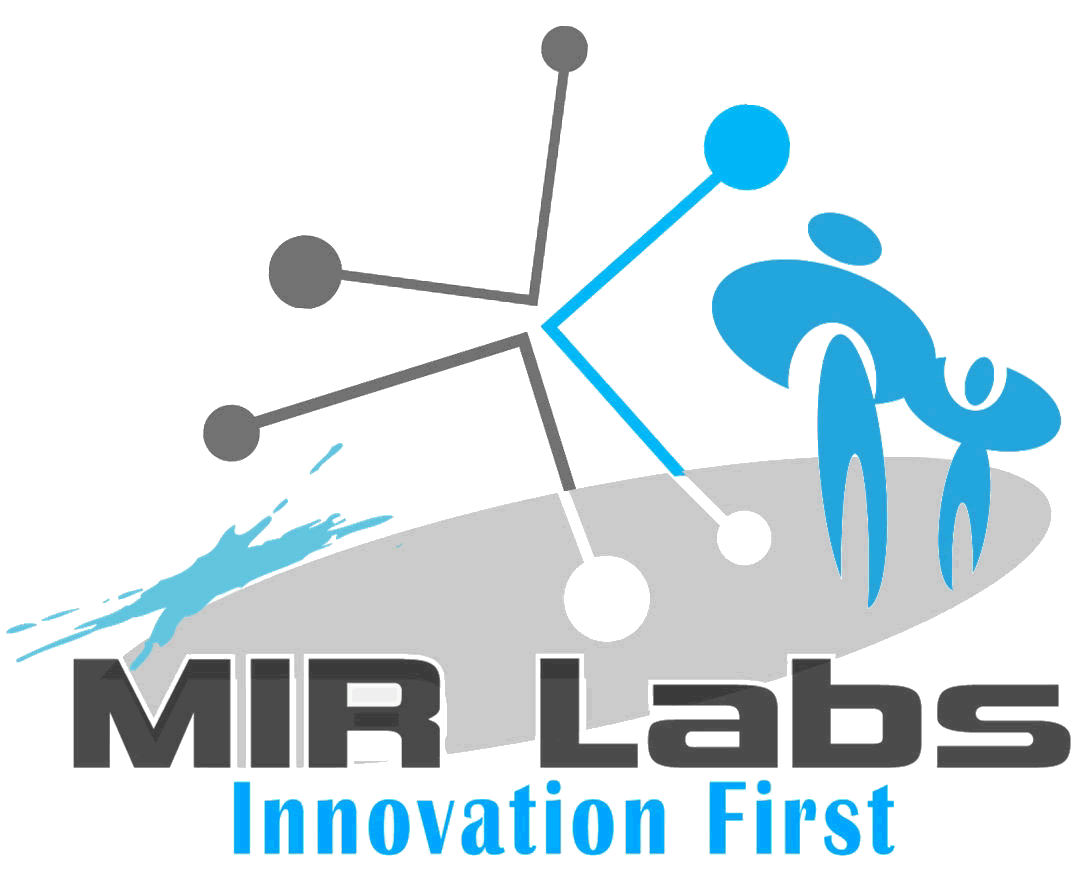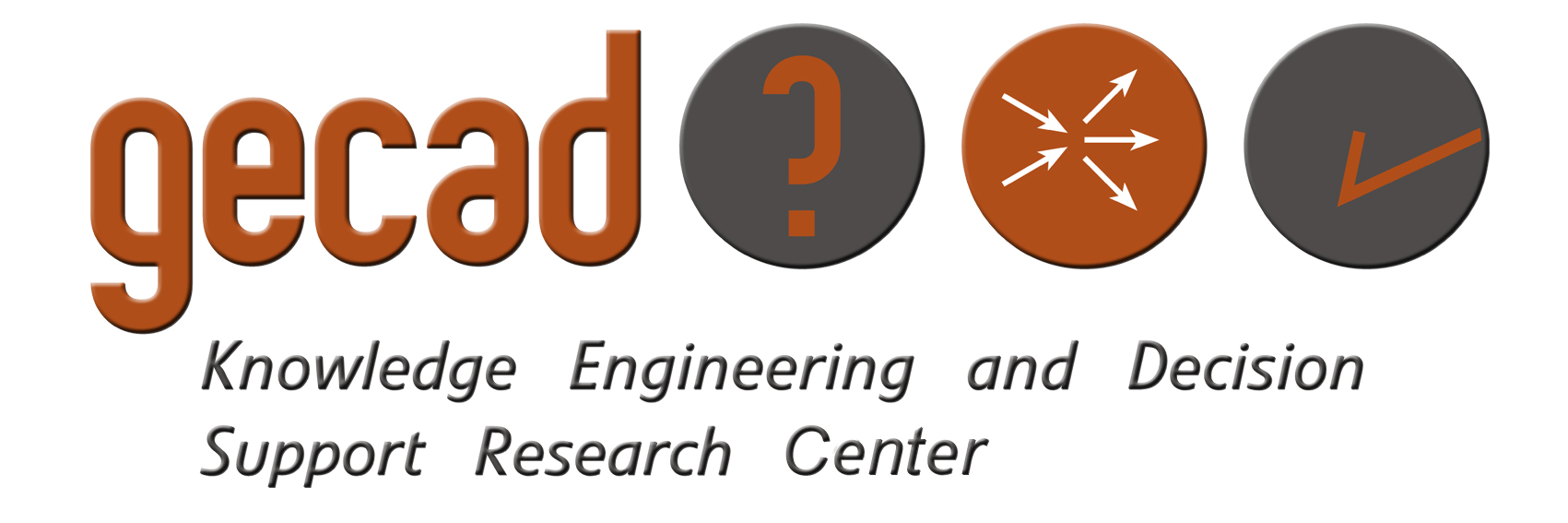[Abstract]
Strictly, social networks are nothing new, they always existed as groups of people that somehow organize themselves around a specific interest or set of interests. Typical examples are technical societies, political parties, residents’ committees or secret societies. In this perspective, Facebook, Google+ or Twitter are not social networks, they are social media, platforms that provide a set of tools that allows us to build our own social networks – friend’s lists, circles, Facebook groups, etc.
The main new thing about social media is that it provides powerful technological tools that speeds up our social networks construction, maintenance and expansion, allowing easy ways to find people, sharing content instantly and looking at others’ activities. Many of us share and store thoughts, photos and other media in Facebook, Twitter, Flickr or Instagram. At what extent can we say that social media is changing the way we organize ourselves?
An important thing about social media is that many people to whom was not so easy to participate in traditional social networks, such as teenagers, disabled or shy people, found there a way to facilitate its participation or even be active social network promoters.
The massive presence of teenagers in social media is seen by many people as a danger but many others rather prefer to look at it as a big challenge. What can we do with this? How can we take this opportunity to easily reach teenagers’ social networks and thus use social media as an educational tool? |
[Biography]
Benjamim Fonseca is an Assistant Professor at the University of Trás-os-Montes e Alto Douro (UTAD), in Portugal, where he lectures on collaboration, social networks and inclusive systems, and a researcher at the INESC TEC - Associate Laboratory. He received a PhD from UTAD, with a thesis subject of "A model for creating cooperative services". His research interests are Computer Supported Cooperative Work (CSCW), social media and mobile accessibility, having participated in several research projects funded by companies and international funding agencies. He authored or coauthored over 80 scientific publications in conferences, journals and books in these research fields, and actively participates in the organization and scientific committees of several reputed conferences and journals.
|
























